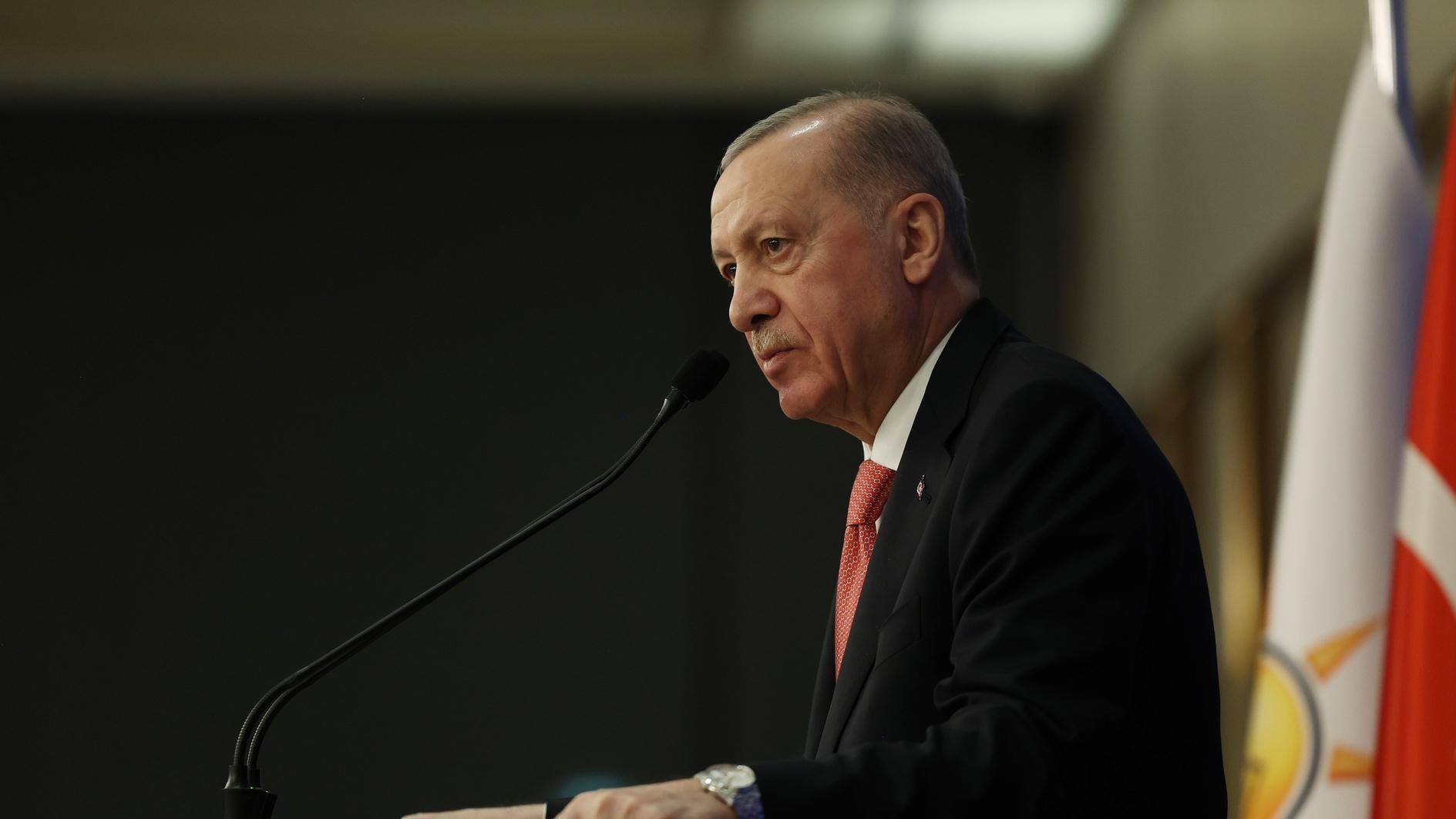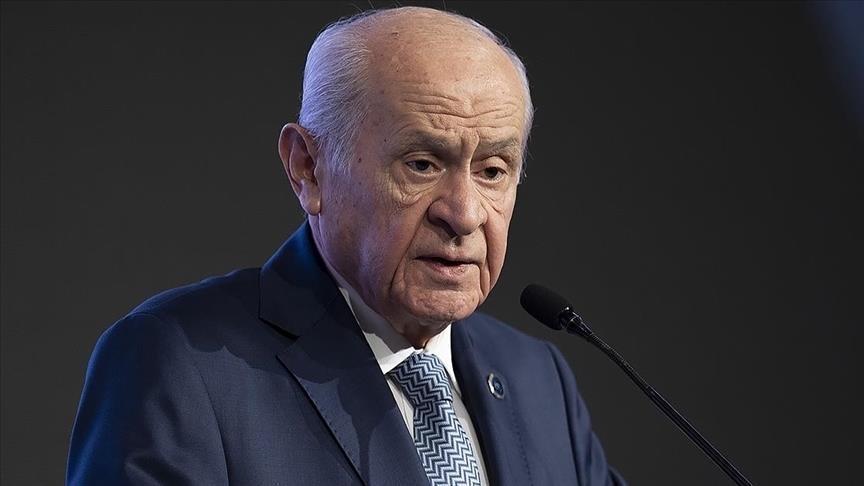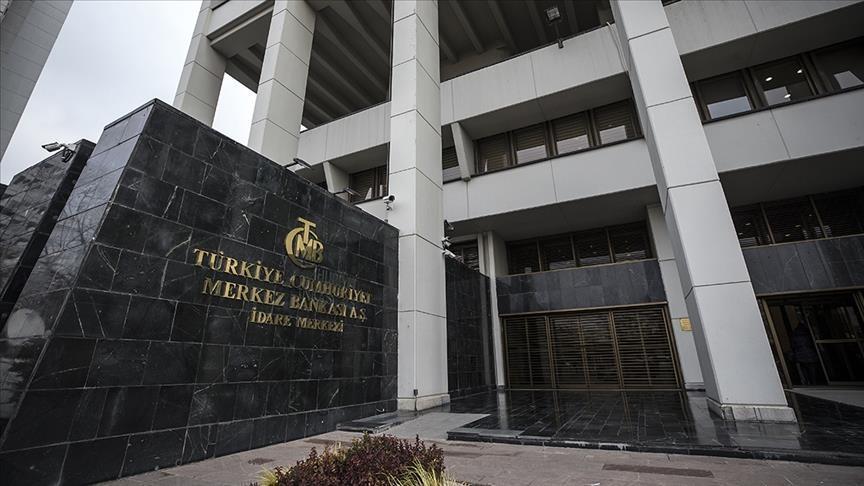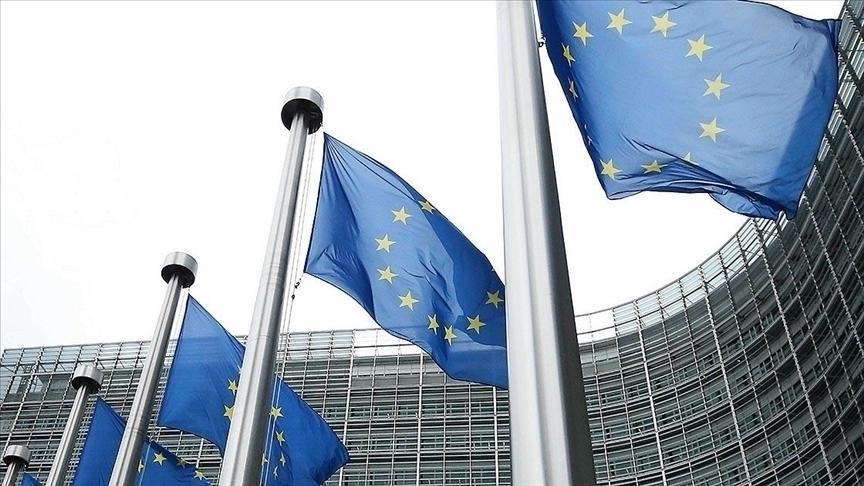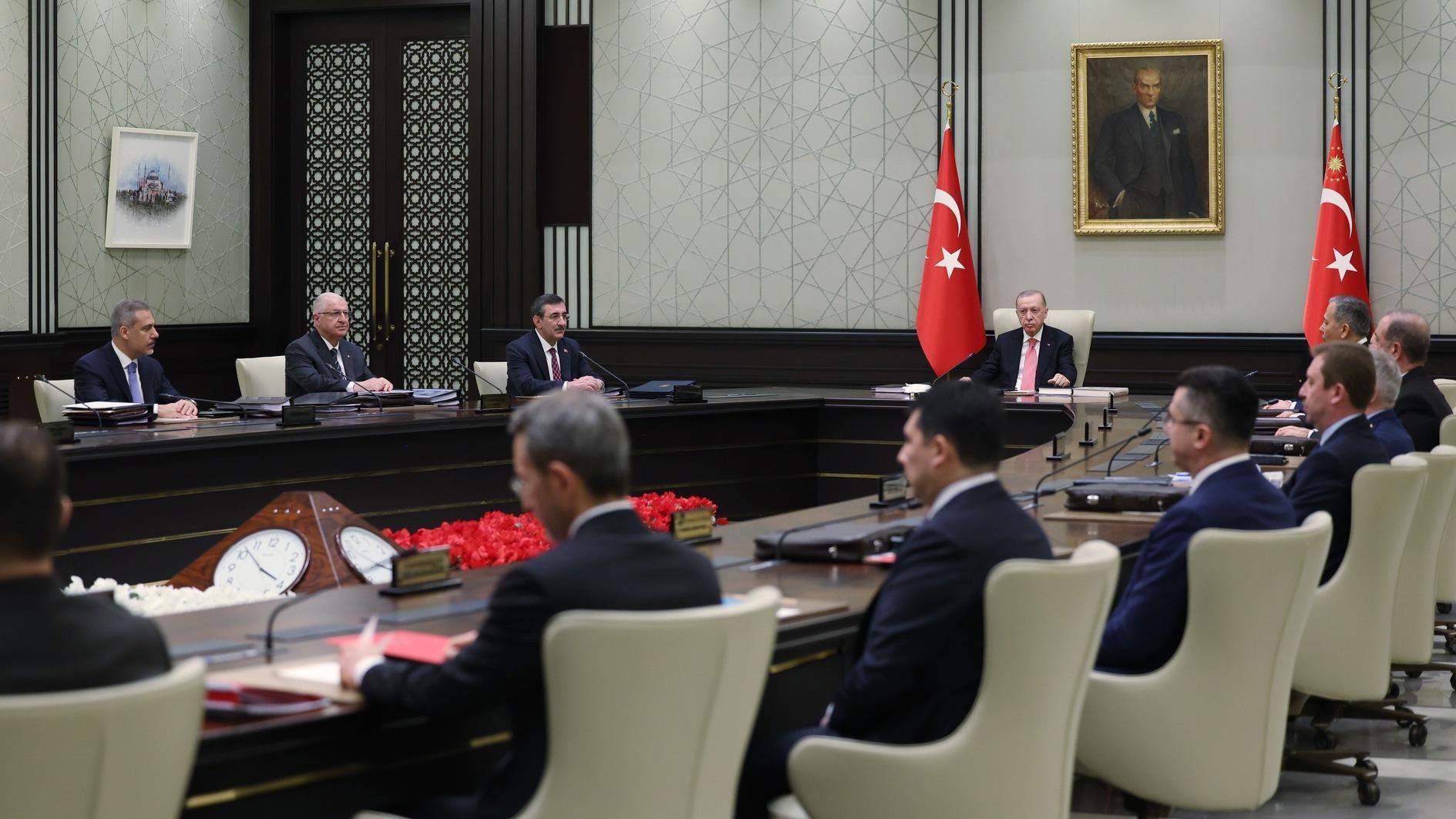Humble words for Turkey’s economy amid the Russia crisis
The Turkish economy is facing yet another regional crisis, with the potential to create further strains on a number of sectors.
As you will have been following for a couple of days, we are unfortunately watching the same film again, but with another co-star: Russia. I am not an expert on politics or security matters, but as an ordinary person from Turkey I just want to see an end to this escalating crisis, which erupted after a Russian jet was shot down by Turkey on Nov. 24.
Whether the crisis is resolved sooner or later, we will likely continue to see a number of ramifications in both economic and trade matters. Russian officials have already announced a number of retaliatory measures, including the cancelation of some investment projects, the end of close ties between the two countries in the tourism sector, and restrictions on trade deals. Such measures will likely cost both economies a considerable amount, but the Turkish economy is especially dependent on Russia in a number of key sectors, mainly energy and tourism.
This is not the first serious crisis that the Turkish business world has seen over the last few years. Many companies have been obliged to halt their operations and trade ties in neighboring countries such as Egypt and Libya. For example, Turkish companies were involved in projects worth billions of dollars in Libya until 2011, when a number of the companies’ construction sites were raided and workers were forced to flee back to Turkey. Several companies have applied to international courts to get compensation for their losses, but they have still not received any solid paybacks.
Potential losses in the Russian market could be much higher than losses that Turkish companies faced elsewhere.
Figures show that Turkey met 54.76 percent of its natural gas demand from Russia in 2014: Russia accounted for some 26 billion cubic meters (bcm) of Turkey’s total gas imports of 50 bcm; indeed, Turkey is the second largest customer for Russian gas after Germany. What’s more, Russia is the second largest source of tourists visiting Turkey. In addition, there are a number of continuing construction projects for Turkish companies in Russia and there is the ongoing nuclear power plant project in Turkey, carried out by Russia and worth $20 billion.
Diversification of markets is crucial for companies across the world, but enhancing this strategy may be much more crucial for Turkish companies than it is for companies elsewhere.
Just days after the announcement of the new government’s economic program, one of the Turkish economy’s most popular demands topped the agenda again: The need for structural reforms. These demands have been voiced by leading business organizations for the last couple of years, but unfortunately we have barely seen any realization of such reforms.
The requested reforms must be clarified by each business association and be submitted to the cabinet in a joint meeting. Otherwise, we may never see the realization of these reforms. Furthermore, when the business world talks about a need for reform in Turkey’s judicial system, this should amount to more than just reforms to lawsuits opened by employees or competitors.
Last but not the least, Turkey’s production regime needs to change. This should mainly be a mental change: Rather than simply focusing on enhancing production “with higher added value,” many companies should increase the quality of what they produce, irrespective of its type. Indeed, not everyone needs to manufacture software or jet engines.
Without solid moves to diversify markets, without a joint stance in the demand for clearly defined reforms, and without a shift to higher-quality production, the Turkish economy will continue to be shaken by any crises with its main markets.



